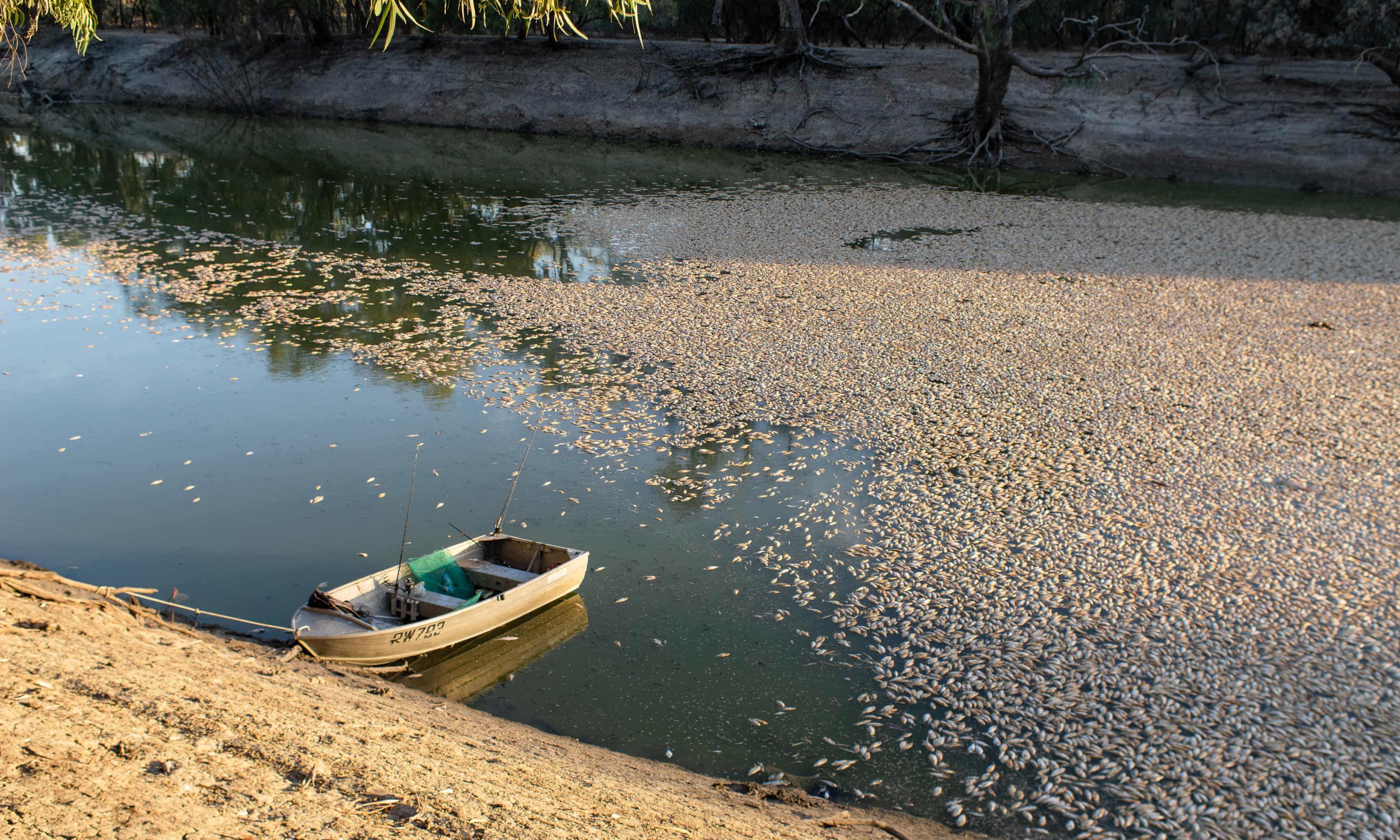
Dr Stuart Rowland, a retired principal research scientist who worked for NSW Fisheries for 36 years and remains a mentor to scientists in the agency, says there is a conflict within the Department of Primary Industries between fisheries and agricultural interests which makes it difficult for the former to speak openly about the health of the Murray-Darling River system and causes of ecological disasters including the 2023 Menindee fish kills.
Rowland says there are “conflicts between fisheries and agriculture” that have had “significant ramifications” for the Darling-Baaka River and are leading to the “extinction of the river’s unique aquatic ecosystem”.
Rowland says research by NSW Fisheries staff has for decades warned of the cumulative impact of agriculture on the Darling-Baaka, including a 2003 report of the NSW Fisheries Scientific Committee which declared the lowland catchment an “endangered ecological community”. Rowland was a member of that committee.
“Environmental degradation has continued, species have been lost, there have been massive fish kills [and] the river has been destroyed,” Rowland says.
In a statement, a spokesperson for the Department of Primary Industries says “The NSW Department of Primary Industries (DPI) provides factual information and advice based on the best available science to Government,”
“DPI strive to achieve the best outcomes for the health of fish and fish habitats, and our advice is guided by our engagement with stakeholders and the best available science.”
A spokesperson for the NSW agriculture minister, Tara Moriarty, says the government “was elected to bring better decision-making and transparency to government in this state and that is what we are delivering across primary industries and regional development”